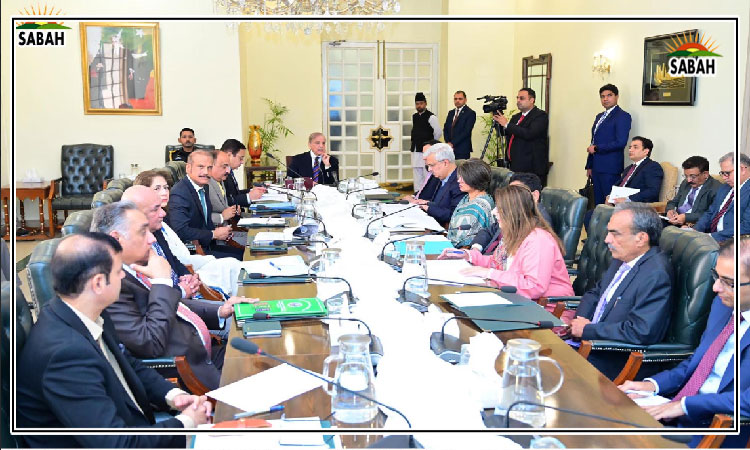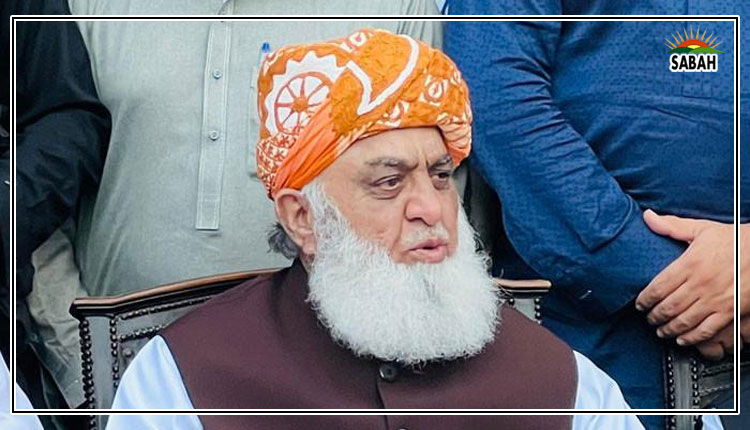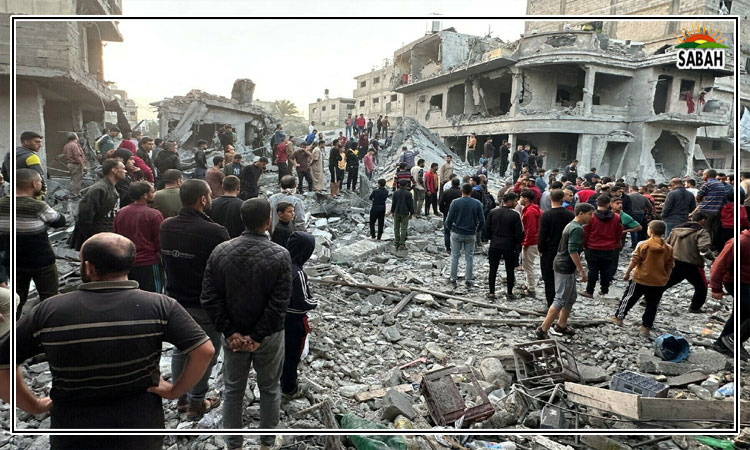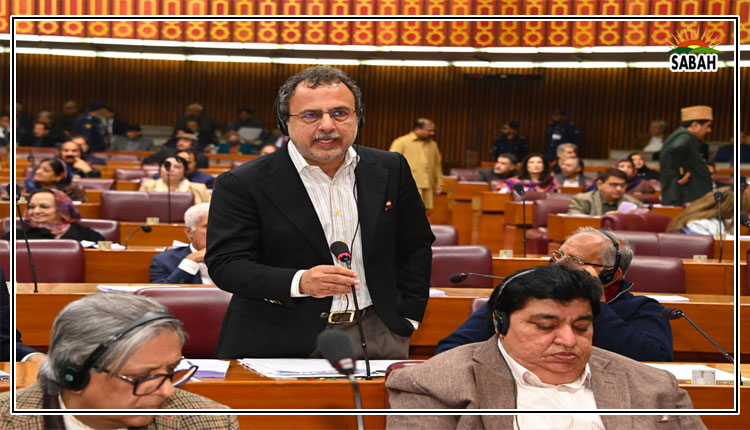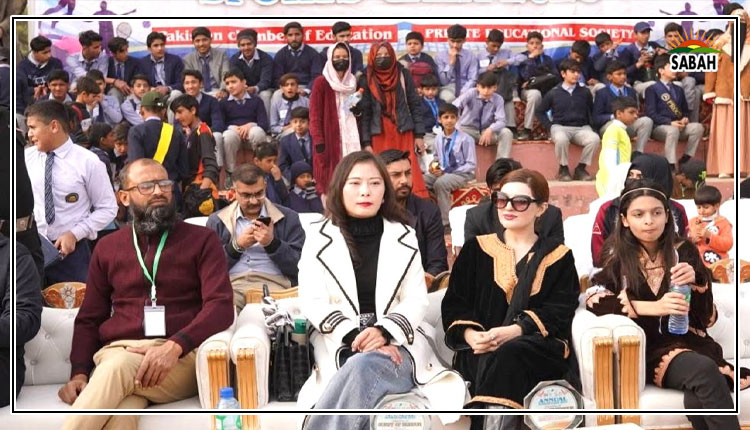Young workers…Shazia Nizamani
THE case of 13-year-old Rizwana, who was brutally tortured by her employer, the wife of a civil judge, in Islamabad, is a reminder of the despicable acts of violence and abuse perpetrated on our young domestic workers who are still minors. The girl is still receiving medical care. A case against her employer was registered only after a hue and cry was raised on social and mainstream media. Even judges were seen to come to the rescue of their fellow judges wife by granting bail to the suspect.
Earlier this year, an 11-year-old domestic worker was killed by his employer in Karachi. The victim had been working with his two brothers in Karachi to support his family back in Tharparkar. After the horrible death of their youngest son, the family found out that all three had been subjected to inhumane torture and violence.
Some years ago, 10-year-old Tayyaba was physically and mentally tortured for months by her employers an additional sessions judge and his wife. Due to media coverage and public pressure, the authorities took action. Although the Islamabad High Court had increased the initial sentence of the culprits to a maximum of three years, the apex court restored the lesser sentence.
It is uncertain if Rizwanas tormentors will be brought to justice because our rotten criminal justice system hardly works for the underprivileged and disadvantaged as it does for the privileged class.
Awareness of the effects of child labour eludes society.
Undoubtedly, it is poverty that compels parents to send their minor children to work instead of letting them enjoy their childhood. Poor households send their children for domestic work to make both ends meet or to pay off family debts. There is also social acceptance of child labour in our society, so well-off families hire children, paying them a meagre amount. Thus the general public and families of domestic workers dont understand how harmful child labour is and the lifelong impact of the attendant physical and psychological violence.
In 2004, the ILO estimated that 264,000 children in the country were engaged in domestic labour. Meanwhile, it was also estimated that in 2004, 80 per cent of children engaged in domestic labour worked to support their families, while 14pc worked to pay off family debts.
According to the ILO, child labour is work that is mentally, physically, socially or morally dangerous and harmful to children and/or interferes with their schooling by depriving them of the opportunity to attend school, obliging them to leave school prematurely, or requiring them to attempt to combine school attendance with excessively long and heavy work. ILO and other reports indicate that 93pc of children engaged in child labour in domestic work in 2021, most of them girls.
In 2011, the ILO adopted the Domestic Workers Convention which, among other things, requires countries to set a minimum age for domestic workers consistent with the provisions of the Minimum Age Convention … and the Worst Forms of Child Labour Convention. The latter convention considers work under particularly difficult conditions such as work for long hours or during the night or work where the child is unreasonably confined to the premises of the employer to be hazardous. Based on these criteria, child labour in domestic work could be considered and addressed as hazardous work.
Some 30-odd countries have adopted the Domestic Workers Convention but Pakistan is not among them, though it is a signatory to eight international treaties directly related to labour rights, including the rights of children.
The Constitution guarantees the rights of children. Article 11 prohibits the involvement of children younger than 14 years old in work. Article 25-A affirms that the state must provide free and compulsory education to all children aged five to 16 years.
The Ministry of Human Rights, the National Commission of Rights of Child (NCRC), the Ministry of Poverty Alleviation and the provincial child protection bureaus have an obligation to enforce policy frameworks and laws on child labour. The NCRC has a dedicated complaint cell. But there is hardly any awareness about such services and laws at the public level.
Unfortunately, the monitoring, implementation and accountability mechanisms of these institutions are very weak, and there is a lack of coordination and collaboration among them where child labour in domestic work is concerned.
Awareness must be created in communities that child labour in domestic work is illegal and unconstitutional. The power of social media can be utilised for raising awareness about child rights, the available social protection measures and existing laws. Pressure should be put on the state by civil society and child rights organisations to ensure protection for children.
Courtesy Dawn




